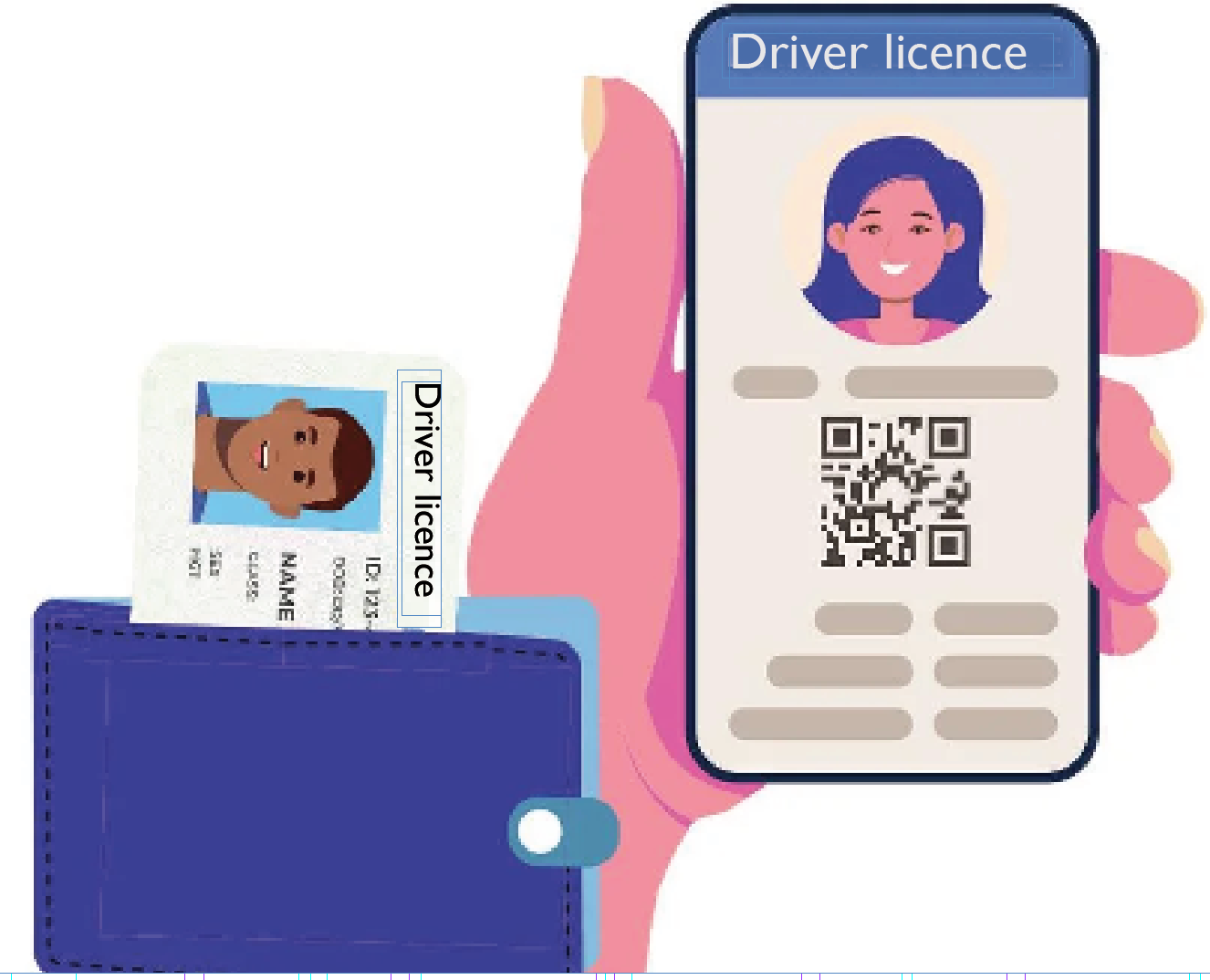COVID-19's Impact on Digital Transformation of Outdated Processes in Barbados

May 28, 2024
COVID-19 catalyzed digital transformation in Barbados, replacing outdated processes with efficient online services like food delivery and banking. The pandemic highlighted the benefits of digital solutions for public services.
For decades, governments around the region – and some might even say beyond – hoped to have half the transformative impact that COVID-19 had in re-engineering outdated processes that persisted well past their expiration dates. Whether right or wrong, COVID-19 upended many obsolete processes, allowing new and more efficient business models to blossom.
Personally, outside of the controversy surrounding healthcare, I saw many positives. Businesses, including government agencies, suddenly allowed staff to work remotely, which unions had previously resisted without additional and significant benefits extended to workers. During this time of great uncertainty, many businesses reported little to no drops in productivity; some even claimed an increase in productivity.
When I looked around the landscape of Barbados, I thought we had witnessed the first step towards national digital transformation. Barbados was online and working. Several old processes were replaced with more practical and accommodating services, such as online transactions like “Hopscotch” (online food delivery) and online banking. Even Chefette started offering at-home delivery services via online ordering.
When I recently went to renew my driver’s licence, I encountered a familiar issue – the card printing machine was temporarily out of service. This machine has experienced intermittent functionality for several years.
Interestingly, during the COVID-19 pandemic, the government efficiently implemented a digital “emergency pass” for essential workers. This online record was updated in real-time, enabling essential workers to prove their authorisation to law enforcement during the national quarantine. Remarkably, this digital document, even without a photo, played a crucial role during that period, highlighting the potential and importance of digital solutions in our public services.
So, why not consider a digital solution, such as a mobile app, to remove the dependence on a physical card? Most Barbadians have mobile phones, and most drivers carry them for personal safety. Creating an app with all the critical details of a driver’s permit would be a meaningful step forward on the digital transformation index. But how would such a technological solution work?
The Licensing Authority already has a centralised information system that contains all driver permit details, including personal information and payment status. This system will serve as the core data source for the mobile app. To ensure data security and privacy, the app will incorporate robust methods to keep data safe and ensure only authorised personnel can access it.
Upon installation, users will register with their driver’s permit number and a secure PIN or password. Once registered, the app will connect to the centralised database to retrieve the user’s data. Users can then view their permit details, renewal dates, and payment status directly in the app. Additionally, the app could provide reminders for renewal dates, notifications about payment status, and updates on any changes to driving regulations. If the registration is connected to being a vehicle owner, the app could also remind users to update their proof of insurance.
The system design would include a verification process to ensure that only authorised users can access their permit information. This could involve a security process that requires you to confirm your identity in more than one way, like receiving a text message code after entering your password, such as SMS text verification or email confirmation.
Additionally, for overseas visitors, the mobile app could offer a convenient way to obtain a temporary driver’s licence. Visitors can download the app, register with proof of their home country’s licence, and allow authorities to run any necessary checks. This digital solution eliminates the need for physical paperwork and long wait times, making the process more efficient.
The app would provide additional benefits for visitors, including translating road signs and driving regulations into multiple languages, and highlighting important locations like tourist attractions and emergency services. Notifications about road conditions, weather updates, and traffic alerts would enhance the overall driving experience.
Often, people focus on possible job displacement with the introduction of new technology, but technology frequently makes organisations run more smoothly while creating new and better jobs. In this scenario, one area of new job creation is customer support, where ongoing support for users can be provided through a dedicated helpline and an in-app help section.
It’s well understood that across the region, the economies are government-led. The opportunities mobile technology has brought to governments include driving new growth by embracing digital solutions that streamline services and enhance efficiency. These do not have to be large-scale capital projects but rather small, impactful changes, many costing less than $250 000. To continue progressing, Barbados must adopt these new approaches to chart a bold and courageous path forward.
Steven Williams is the executive director of Sunisle Technology Solutions and the principal consultant at Data Privacy and Management Advisory Services. He is a former IT advisor to the Government’s Law Review Commission, focusing on the draft Cybercrime bill. He holds an MBA from the University of Durham and is certified as a chief information security officer by the EC Council and as a data protection officer by the Professional Evaluation and Certification Board (PECB). Steven can be reached at: Mobile: 246-233-0090 Email: steven@dataprivacy.bb


